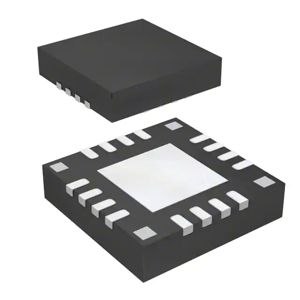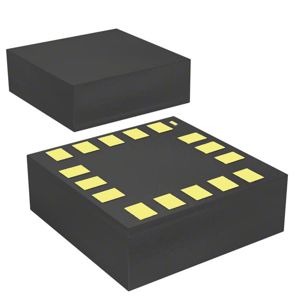
Motion Sensors - Accelerometers
Motion Sensors - Accelerometers: Precision in Motion Detection
Definition:
Motion Sensors - Accelerometers are specialized devices designed to measure acceleration forces, including static (gravity) and dynamic (movement or vibration) forces. These sensors are essential for detecting and analyzing motion in various applications, from consumer electronics to industrial systems. By converting mechanical motion into an electrical signal, accelerometers provide critical data for orientation, tilt, shock, and vibration detection.
Types of Motion Sensors - Accelerometers:
1. MEMS (Micro-Electro-Mechanical Systems) Accelerometers: Compact, low-power sensors widely used in smartphones, wearables, and IoT devices for motion tracking and gesture recognition.
2. Piezoelectric Accelerometers: Ideal for high-frequency vibration monitoring in industrial machinery, automotive testing, and aerospace applications.
3. Capacitive Accelerometers: Known for high accuracy and stability, commonly used in navigation systems, robotics, and medical devices.
4. Piezoresistive Accelerometers: Robust sensors capable of measuring high-impact forces, often applied in automotive crash testing and structural health monitoring.
Buying Recommendations:
When selecting an accelerometer, consider the following factors:
- Measurement Range: Choose a sensor that matches the expected acceleration levels (e.g., 2g for consumer devices vs. 500g for industrial impacts).
- Bandwidth: Ensure the sensor s frequency response aligns with your application (e.g., low-frequency for tilt sensing vs. high-frequency for vibration analysis).
- Output Type: Analog, digital (I2C/SPI), or wireless outputs should suit your system s integration requirements.
- Environmental Durability: For harsh environments, opt for models with robust enclosures and resistance to temperature, humidity, or shock.
Motion Sensors - Accelerometers are pivotal in enabling smart, responsive systems. Whether for innovation in consumer tech or precision in industrial automation, selecting the right accelerometer ensures optimal performance and reliability.
Filter and sort
Categories
ADXL335CCPZ-RL7
ACCELEROMETER 3G ANALOG 16LFCSP
MMA6823KCWR2
IC SENSOR ACCEL DUAL AXIS 16QFN
MMA7456LT
ACCELEROMETER 2-8G I2C/SPI 14LGA
MMA6556KWR2
ACCELEROMETER 120G SPI 16QFN
MMA5206KW
PSI5 ACCELEROMETER, 12V, X, 60G,
FXLS8471QR1
ACCELEROMETER 2-8G I2C/SPI 16QFN
MMA1270EG
ACCELEROMETER 2.5G ANALOG 16SOIC
AIS328DQ
ACCELEROMETER 2-8G I2C/SPI 24QFN
SCA100T-D07-1
ACCELEROMETER 12G SPI 12SMD
MMA6851ALKGWR2
ACCELEROMETER 25G SPI 16QFN
MMA8110EG
ACCEL 100G DSI/SPI 16SOIC
MMA6555KWR2
ACCELEROMETER 105G SPI 16QFN
MMA1220D
ACCELEROMETER 8G ANALOG 16SOIC
MMA6255AEGR2
ACCELEROMETER 50G ANALOG 20SOIC
MMA6855AKGCWR2
ACCELEROMETER 120G SPI 16QFN
LIS244AL
ACCELEROMETER 2G ANALOG 16LGA
MMA7368LR1
ACCELEROMETER 1.5G ANALOG 14LGA
830M1-0200
TRIAXIAL, 200G, T&R
KX023-1025-FR
ACCELEROMETER 2-8G I2C/SPI 16LGA
HV201LF
ACCEL IEPE SENSOR




















